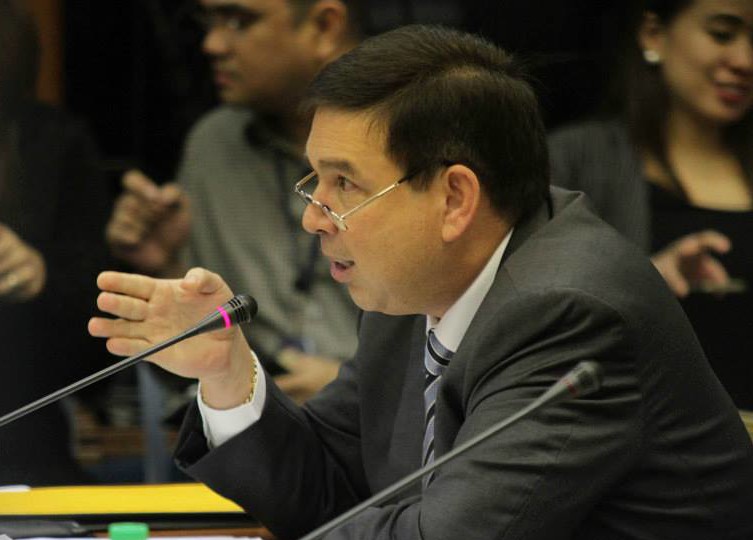
MANILA – Senate finance committee vice chairman Senator Ralph Recto on Wednesday said the national government is setting aside Php50.6 billion in the proposed 2016 national budget for the salary hike of its 1.
3 million workers.
Although the Palace is still mum on the bill’s particulars, the Senate President Pro-Tempore said the money being sought for the pay hike “translates into an average Php3,000 monthly increase per employee.”
”Details of which will be fleshed out in a bill the Palace will later send to Congress,” Recto said.
Recto arrived at the figure by dividing the proposed Php50.6 billion by 1,295,056 employees in the government payroll and using 13 compensable months in a year.
“I think a Php 3,000 average per month increase is the floor being sought. And I have to stress the fact that I am using an average here. It may not also be uniform because they have different salary rates,” Recto said.
“Secondly, I am assuming a January starting date.
So if the increase would take effect July, then we’re looking at an average Php6,000 monthly adjustment. There are a lot of variables,” Recto said.
Recto said it would also possible that the mulled pay hike in 2016 “may just be the first installment of a bigger pay adjustment that will be implemented in phases.”
He recalled that in the initial implementation of Salary Standardization Law (SSL) III, the public sector pay guide in current use was spread out over four years.
Department of Budget and Management (DBM) Secretary Florencio Abad confirmed before senators on Wednesday that his agency is drafting an SSL IV based on a commissioned study on the state of public sector pay.
Recto urged the DBM to submit the bill as soon as possible so it can be tackled “in unison” with the national budget.
“You can’t divorce the two. 27centavos for every budget peso in 2016 is for PS,” Recto said, referring to Personal Services, the budgeting term for the “pay, perks and premium contributions of government workers and the pension of retired uniformed personnel.”
“There is also the need to subject the proposal to feedback and consultation from stakeholders, like government employees,” Recto said.
Recto admitted that one critical aspect in gov’t pay increase is the source of funds.
Recto said PS expenses of the government would hit Php810 billion in 2016, from this year’s adjusted figure of Phhp745 billion.
“We’re going to spend Php2.2 billion a day for PS next year,” he said.
Recto reiterated his call that any pay hike should prioritize teachers, policemen, firemen and soldiers, as they constitute about four-fifths of the government workforce.
At present, the government’s “Compensation and Position Classification System” has 33 salary grades. Except for Grade 33, which is occupied by one person, the President, each salary grade has eight steps.
”So there are a total of 257 pay categories which must be studied and adjusted. There must be distinctions and differentiation between and within the salary grades,” Recto said.
“What makes the job harder is that all of these 257 pay categories must be accommodated within a ceiling, which at present is Php 120,000 a month–the salary the President gets,” he explained.
At the other end of the spectrum is the Php9,000 monthly salary of a Salary Grade 1, Step 1 holder, the entry-level post in government.
The PS costs have grown by 77.2 percent from Php457.6 billion in 2010 to next year’s proposed Php810.8 billion level.